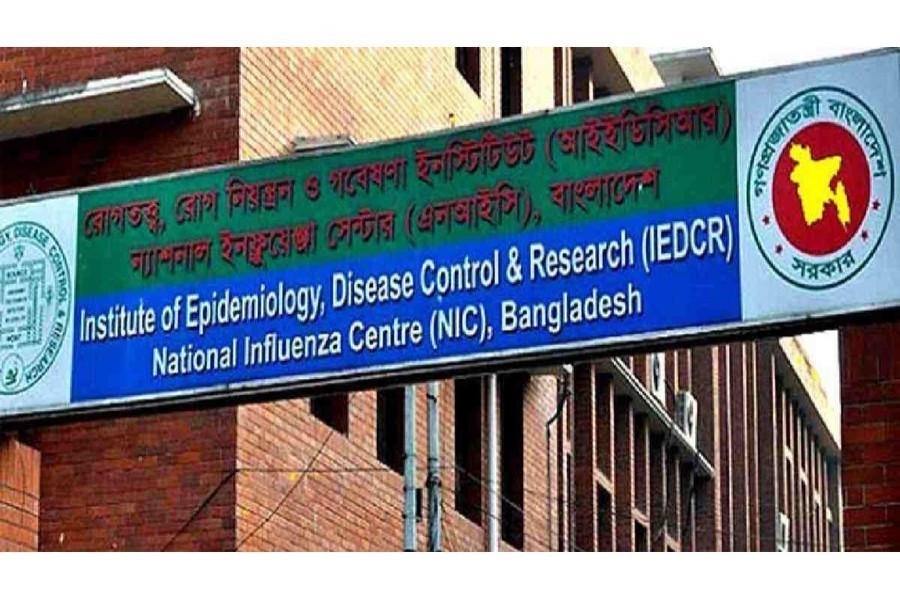
Published :
Updated :

It is not at all surprising that the Directorate General of Health Services (DGHS) is dragging its feet on the issue of introducing antigen tests for individuals suspected of Covid-19 infections.
Most state organisations do seem to have an habitual pattern. They dither almost on every issue---important or otherwise.
But the DGHS, since the onset of the Covid crisis on March 8 last, has, possibly, broken the past records of many public entities in the matters of foot-dragging . Starting from Covid testing and treatment to so-called coloured zoning, the entity has demonstrated its inexcusable delay in decision-making. Yet it often makes claim in public about its efficient handling of the pandemic-related developments.
The rapid antigen test gives results within 15 minutes while the RT-PCR machines now being used by the government and private labs take a longer time--- at least 24 hours--- to deliver results. However, the RT-PCR test is considered the 'gold' standard for Covid-19 detection. The antigen tests are not as good as that, in terms of accuracy. Yet it is being widely used across the world to cover a greater number of people showing Covid-like symptoms.
The demand for introducing the antigen tests was raised earlier when only a few labs were available for doing RT-PCR tests, but the DGHS was unwilling. As an inevitable outcome, Bangladesh is the only country after Afghanistan in the region to do the least number of Covid tests compared to the size of its population.
The number of tests done daily could never cross 21,000 per day. The same is now hovering between 10,000 and 13,000. Many labs are closed, primarily because a good number of people with Covid symptoms are not interested in giving samples for testing. The delay in getting test results, even up to 5 to 6 days, is one reason behind the indifference. The other reason is that the poor and low-income people have overcome the fear about Covid and they are now more interested in restarting their livelihoods at any cost.
Whatever may be the attitude of the vast majority of people towards the pandemic, the pathogen is still going strong in the country. The DGHS statistics might give an impression that the virus is on the retreat, but there is no credible evidence to prove it because of very low-level testing.
A contemporary in a report has expressed the suspicion that the DGHS is dragging its feet on the introduction of the antigen test deliberately. In the event of a higher number of daily tests, there could be a notable rise in infection rate. That could otherwise change the whole Covid infection-related picture in the country.
It would be worthwhile to note here that the daily fatalities as reported by the DGHS are not commensurate with the data on the rate of Covid infection. With the rate of infection remaining above 10 per cent, the number of deaths does appear to be high.
The health services division of the ministry of health and family welfare approved the antigen testing on September 17 following Prime Minister Sheikh Hasina's public statement that there could be the second wave of virus infection in the upcoming winter.
But the DGHS has been slow in starting the procurement of antigen testing kits and also the tests at public health facilities, particularly at the district headquarters. If the delay, as suspected by many, is deliberate to avoid revelation of unpalatable facts about infection, it will be highly deplorable.


 For all latest news, follow The Financial Express Google News channel.
For all latest news, follow The Financial Express Google News channel.